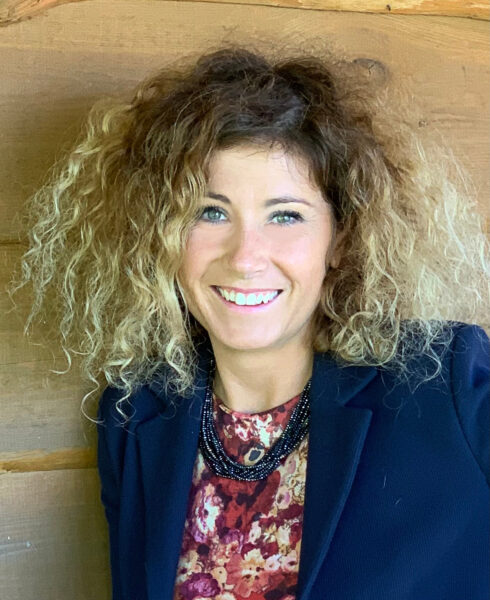Joanna Wojewoda-Budka

Prof. Joanna Wojewoda-Budka is a dedicated scholar in the field of Materials Science, currently serving as the Director of the Institute of Metallurgy and Materials Science of the Polish Academy of Sciences. She graduated from Jagiellonian University, Department of Chemistry, in 2002, earned her Ph.D. in Materials Science in 2007, and became an Assistant Professor in 2014. She is also leading the Multilayer Department since 2021.
Her research encompasses diffusion phenomena in metals and ceramics, metal-ceramic composites, and joining technologies such as diffusion soldering and explosive welding, with recent work focusing on copper coatings reinforced with oxide particles. Prof. Wojewoda-Budka has co-authored 95 journal articles, over 85 of which are indexed in JCR, and actively participates in international conferences, including her role as Chair Lady for the XVIIIth International Conference on Electron Microscopy (EM2024). She also contributes to the organization of major materials science congresses, including her current role as the organizer of the Euromat 2025 Area D panel focused on Characterization, Modeling, and Artificial Intelligence.
As the General Secretary of the Polish Materials Society, she engages in promoting Materials Science and Engineering through various activities while supporting research efforts with Ph.D. candidates and young scientists from Poland and abroad.
Her research on Co-Continuous Ceramic Composites (C4 structure) offers potential applications in various industries. She has conducted extensive studies on Al/MeO couples and worked on projects related to layered periodic structures in metal-ceramic systems. Additionally, her project under the EU M-Era.Net program focuses on next-generation copper-based coatings with enhanced resistance to pathogens, significantly advancing the field.
Prof. Wojewoda-Budka is also a Board Member of the Federation of Materials Societies (FEMS) for 2024-2025 and has strong ties to industry through approximately 30 research projects, contributing to both academia and practical applications in materials science. She has garnered significant awards, including the NATO scholarship in 2004, the Silver Cross of Merit for scientific activity in the development of science in 2017 and Knight’s Cross of Polonia Restituta Order for the overall scientific achievements in 2023 – last two honors were awarded by the President of Poland.
TITLE: The peculiar self-assembling product phases formed via in-situ reactions
The proposed talk focuses on the reactions leading to the creation of self-assembling productphases. Initially, solid-state displacement reactions resulting in periodic layered structures will be presented forseveral metal/ceramic systems: Zn/Ni Si, Zn/Co Si, and Mg/SiO. Various opposing models involving physicaland/or chemical processes that result in product periodicity have been developed. Such modulated structurescan facilitate in-situ formation of multilayer (spatially ordered) inorganic materials inside the reaction zone,which may occur unintentionally in many cases, such as in joined components, composite materials, thin-filmelectronic devices, and metallization. The second part of the talk will address a specific group of metal-ceramiccomposites with a C4 structure (Co-Continuous Ceramic Composites), consisting of uninterruptedinterpenetrating crystalline lattices of metallic and ceramic components. The experiment involves chemicalreactions between aluminum and reactive oxides, such as YO, SiO, ZnO, and NiO, to in-situ fabricate Al-AlO type microstructure. This approach may open new prospects for ultra-modern, lightweight, and cost-effective metal-ceramic materials applicable in the automotive industry (pistons, bushings, control arms) and inmachinery used in mining, agriculture, etc., where resistance to abrasion and thermal shocks is critical.